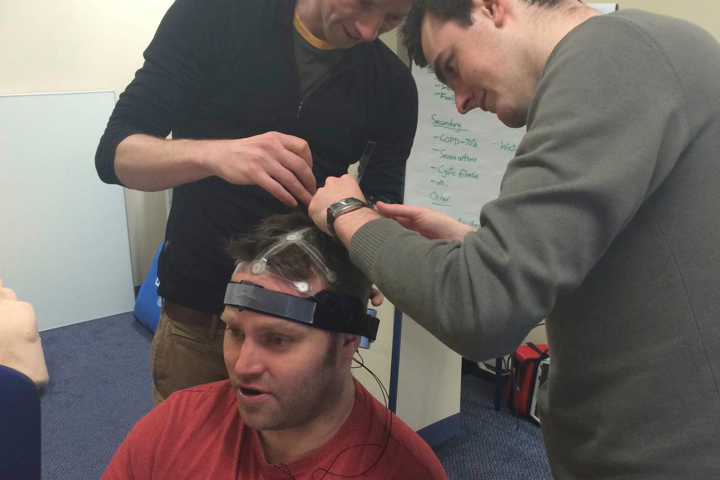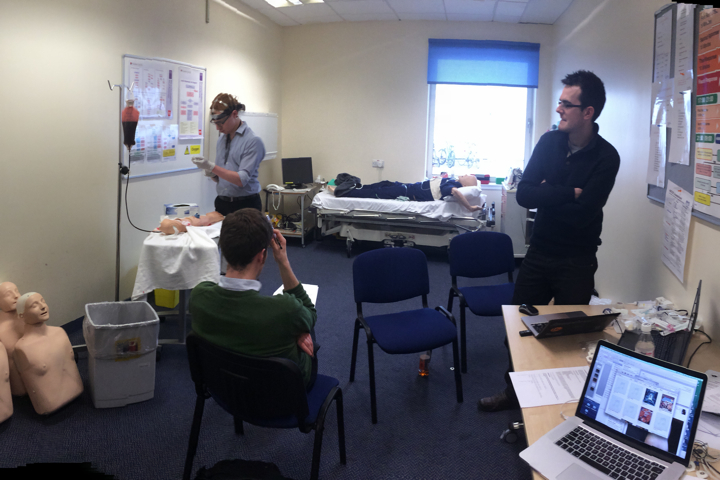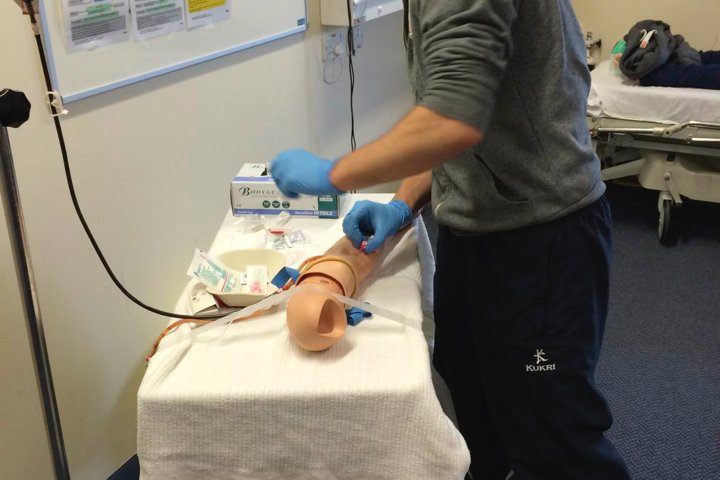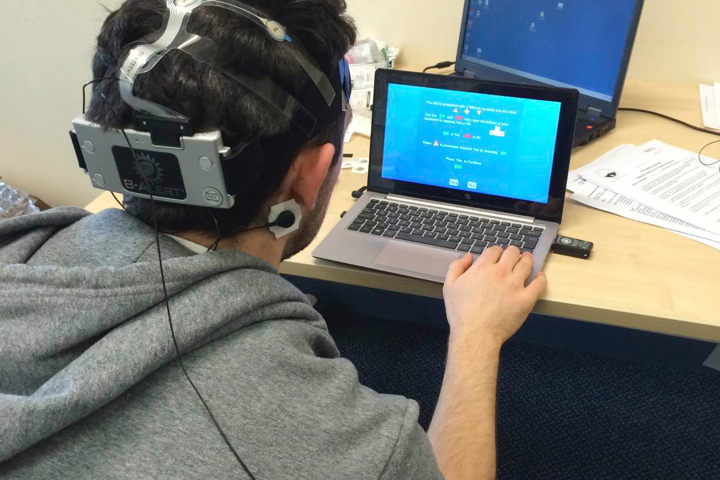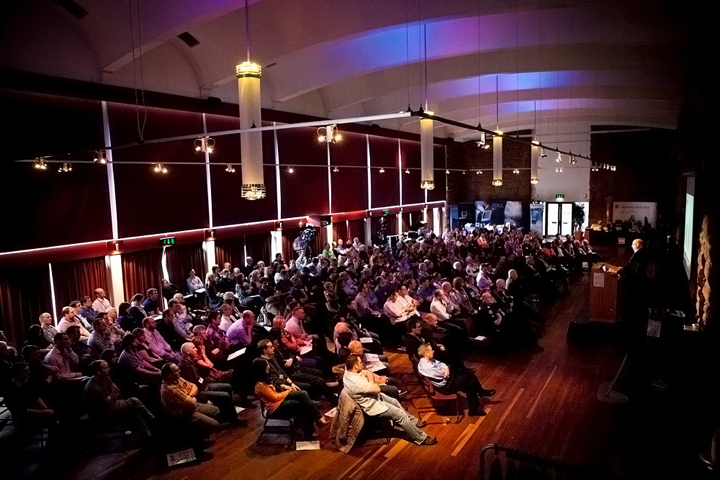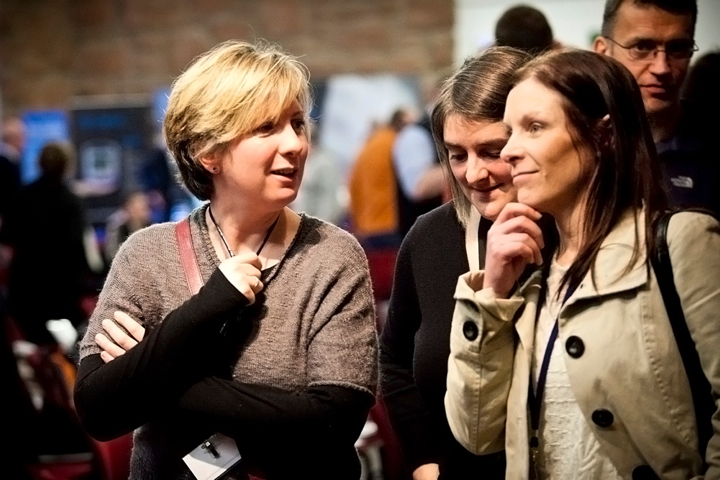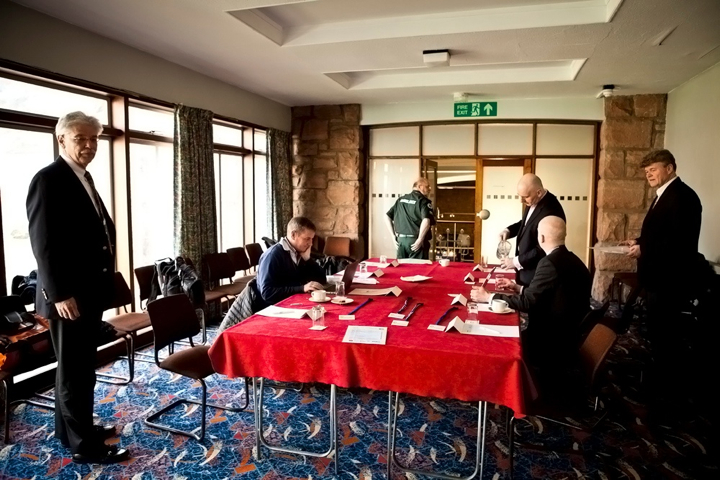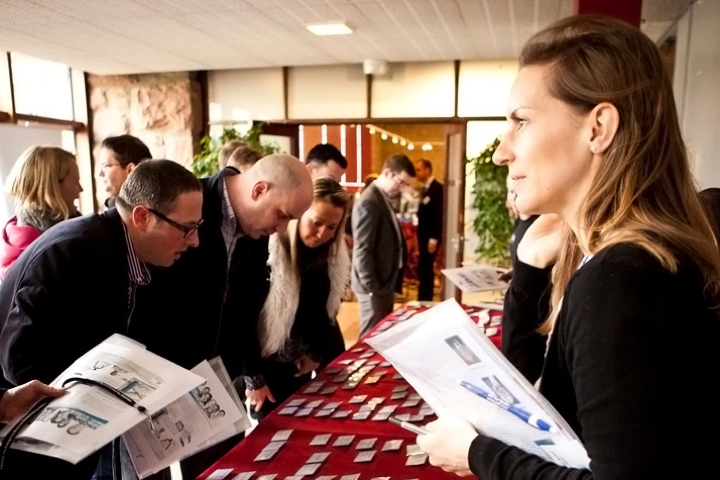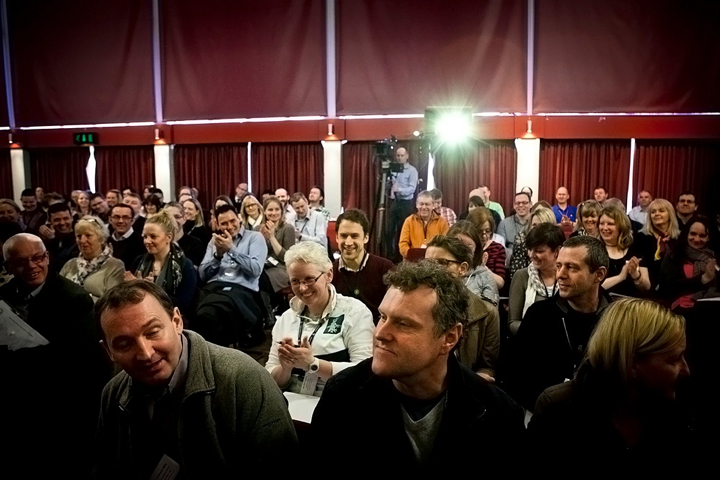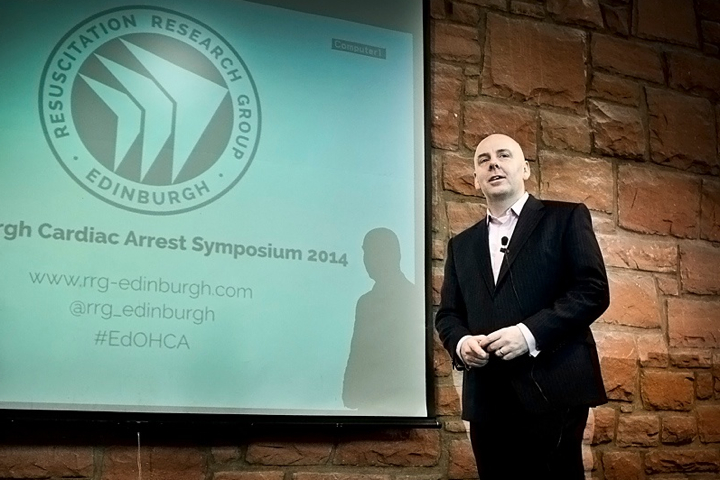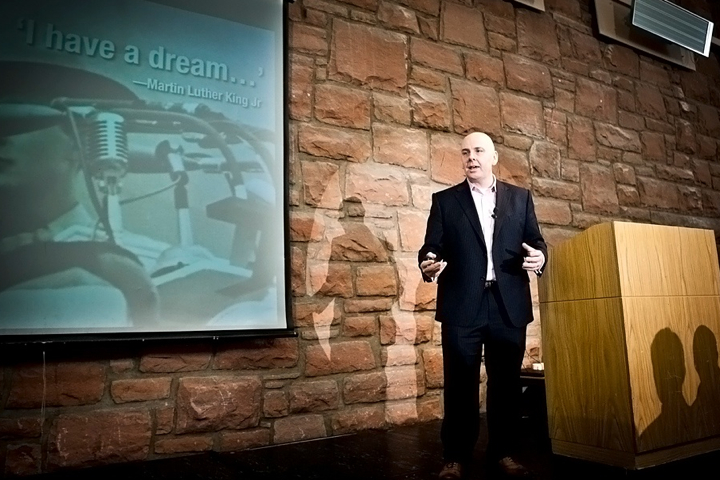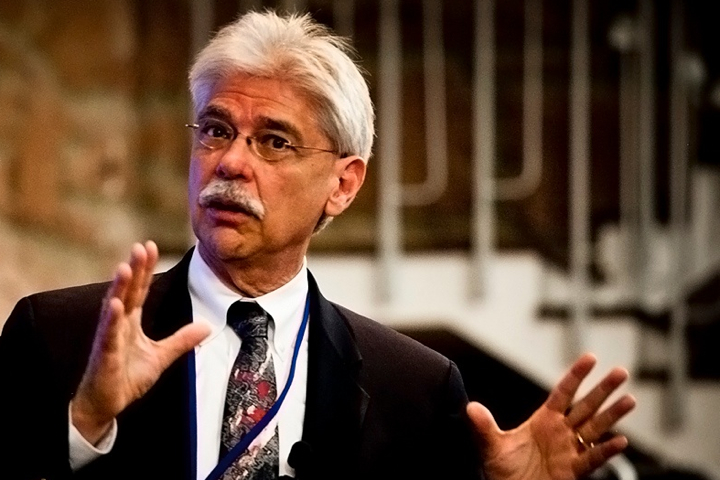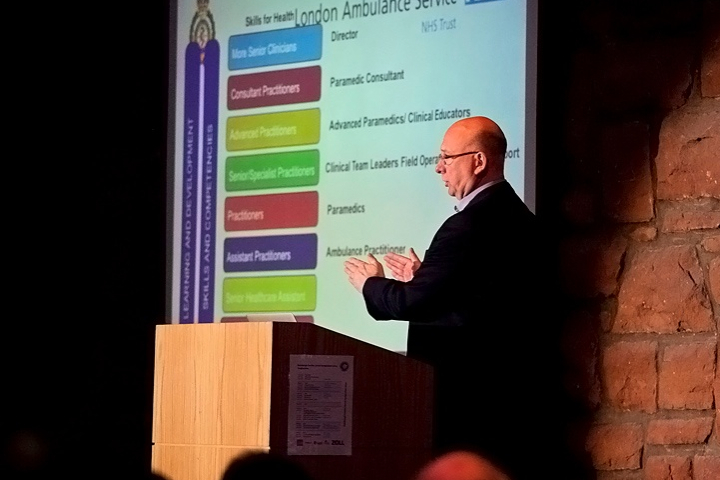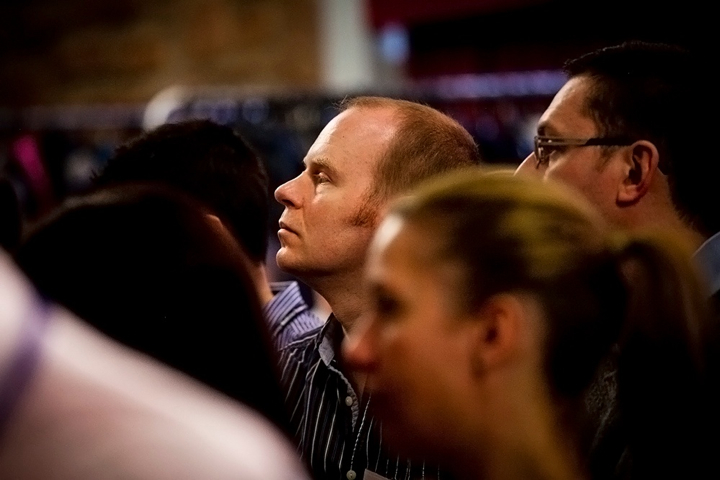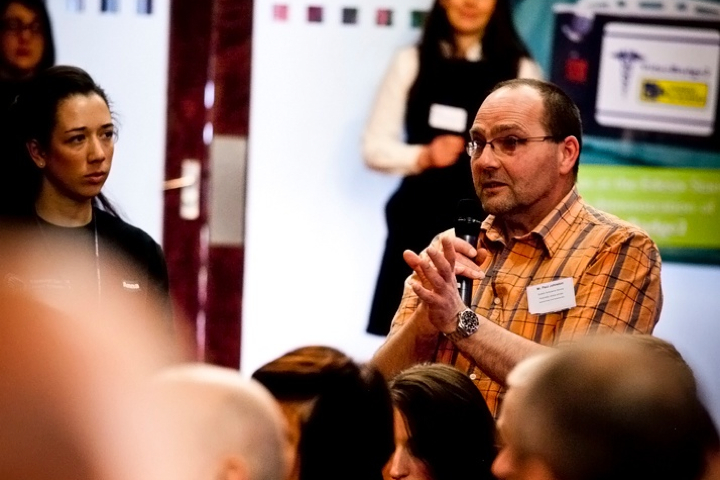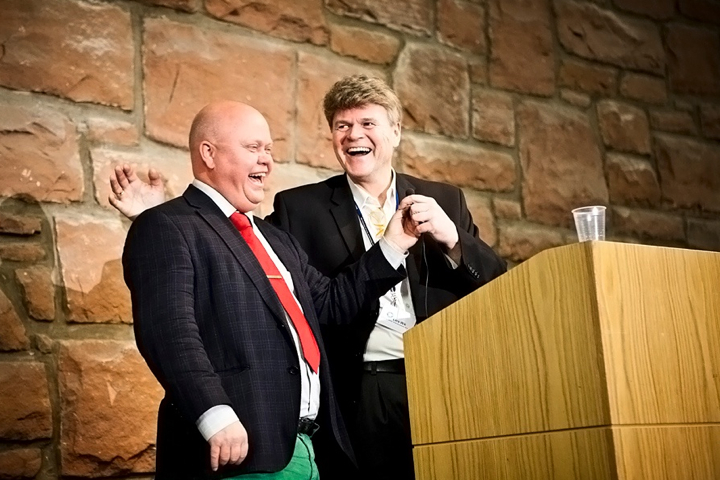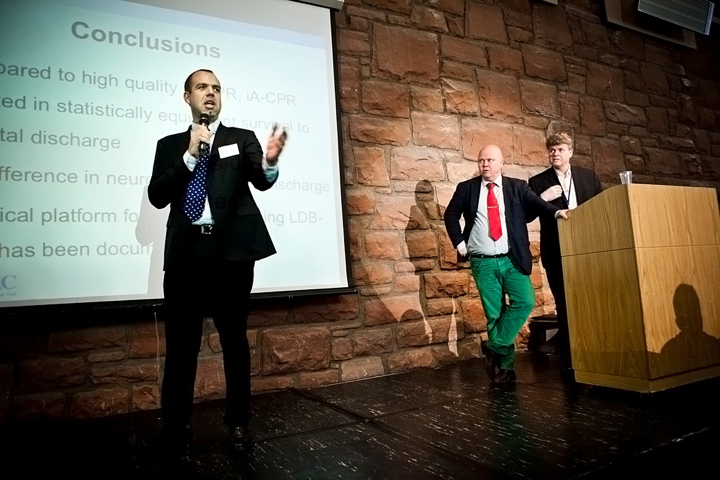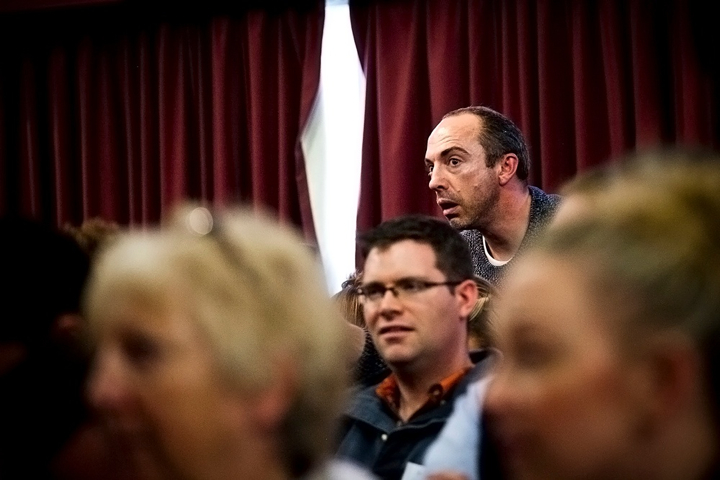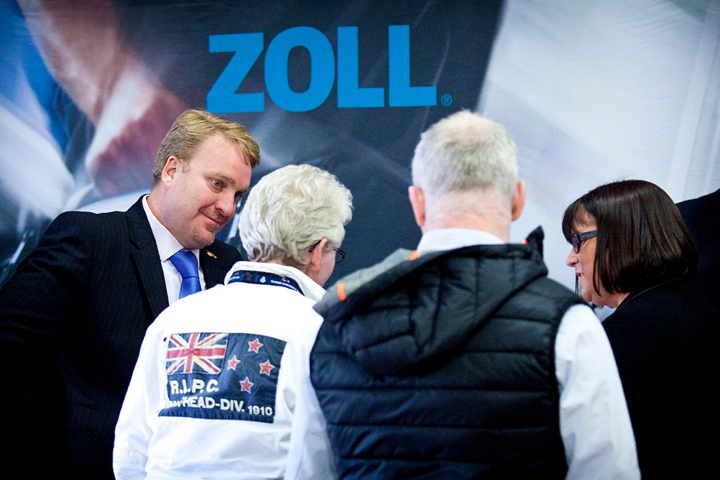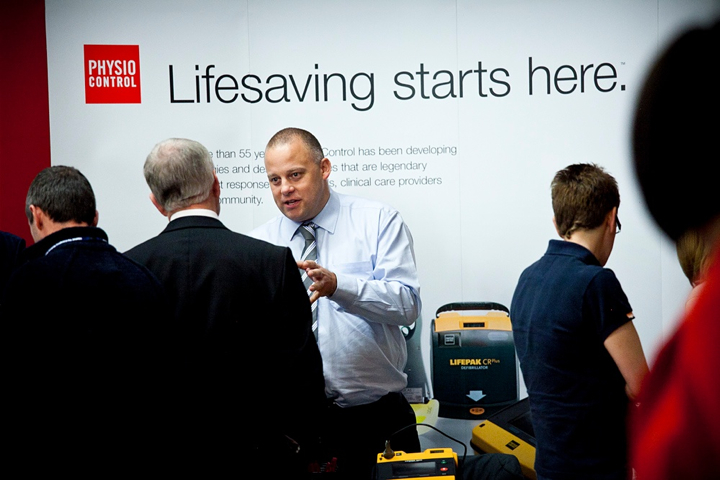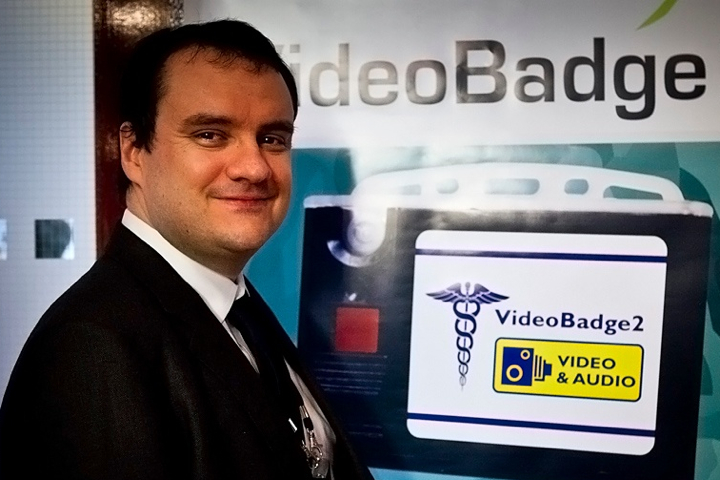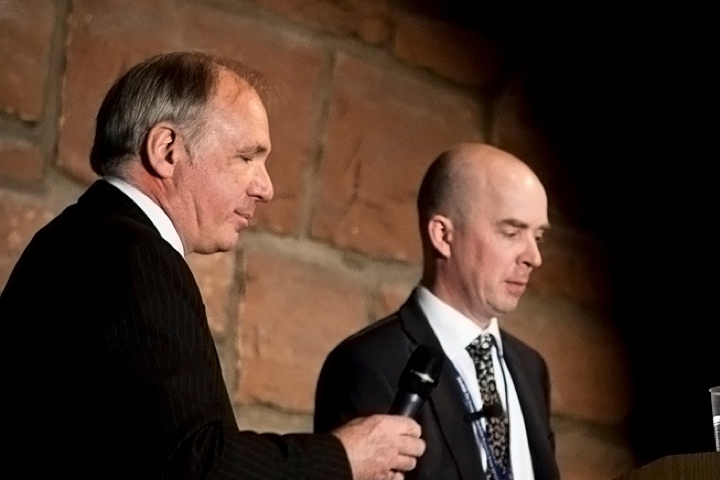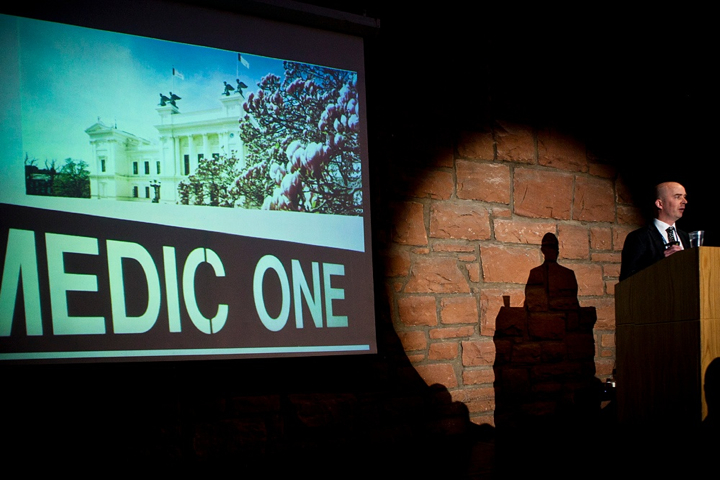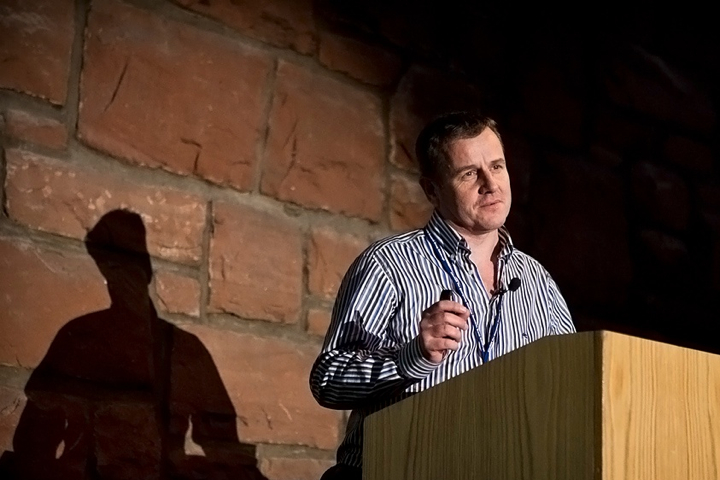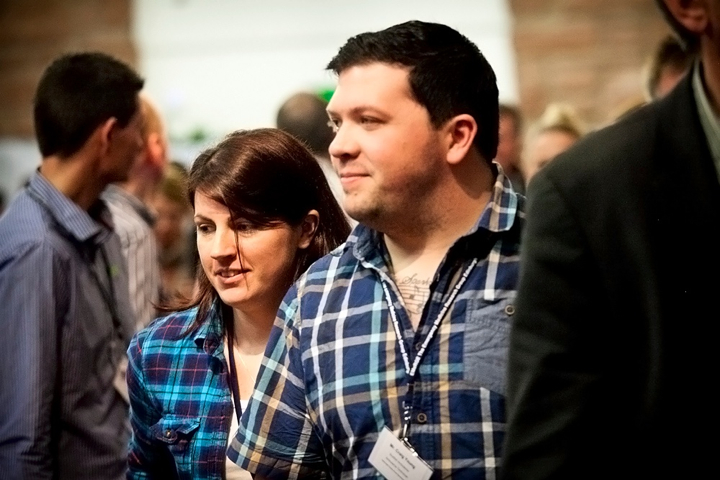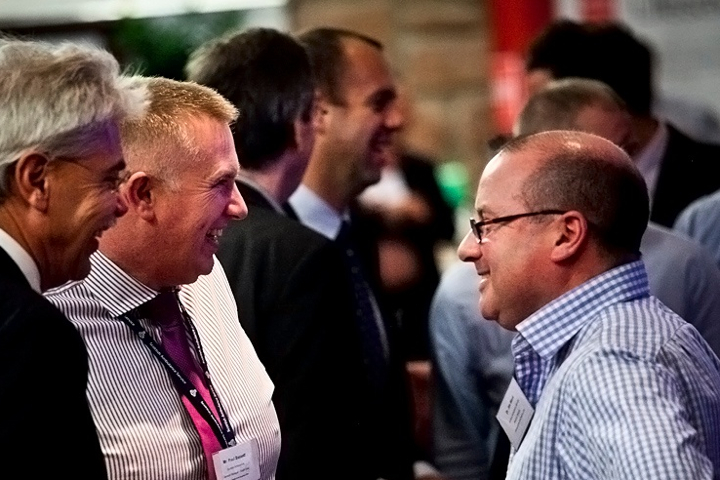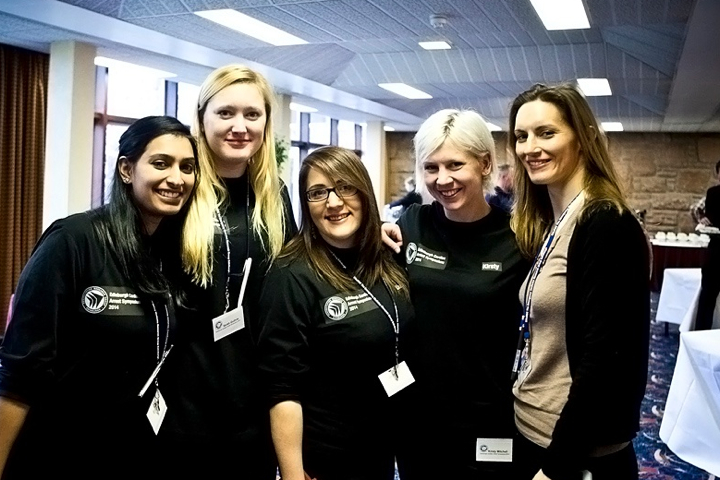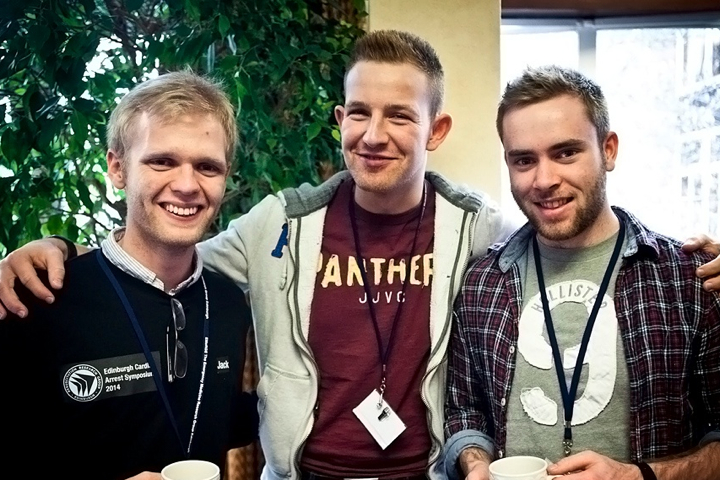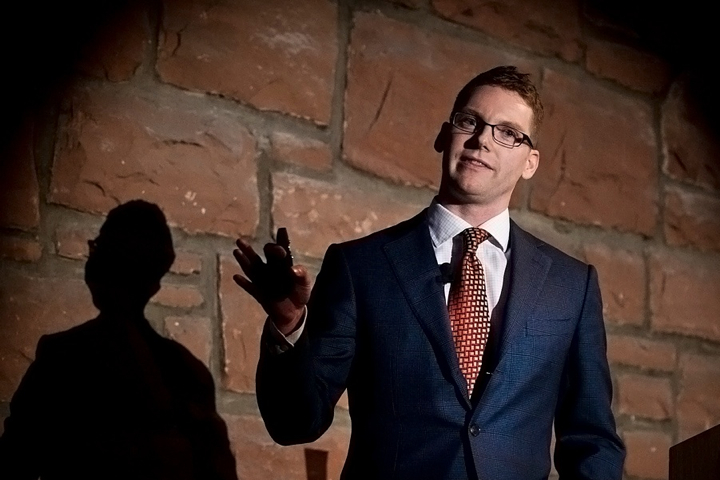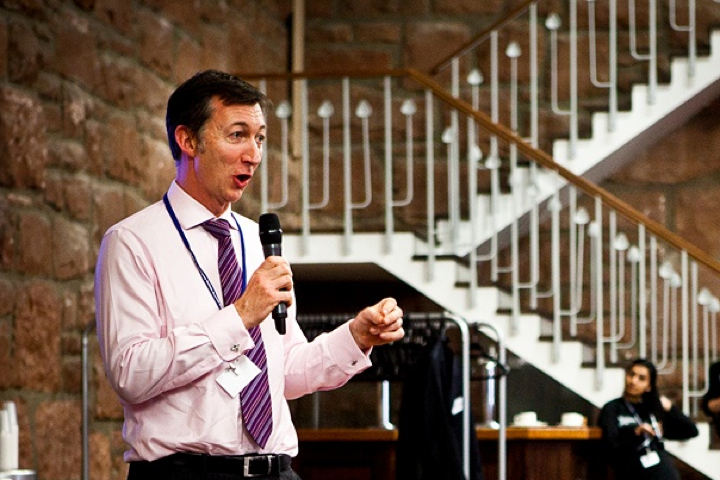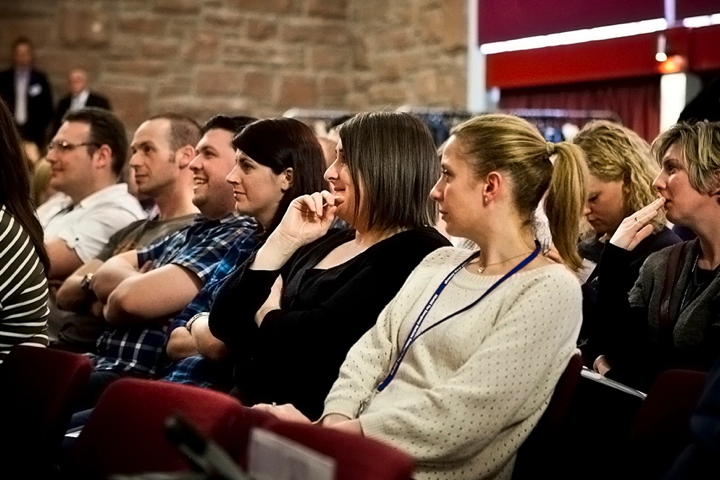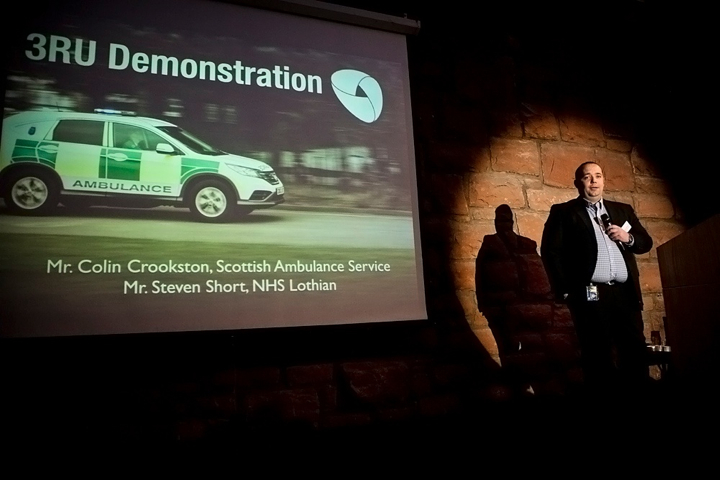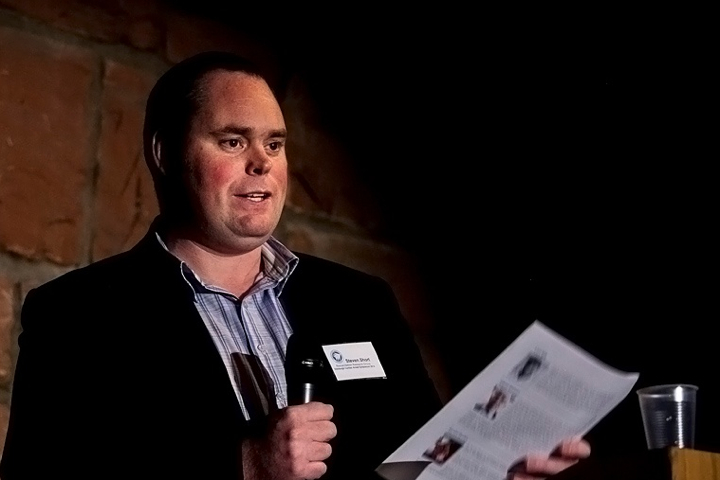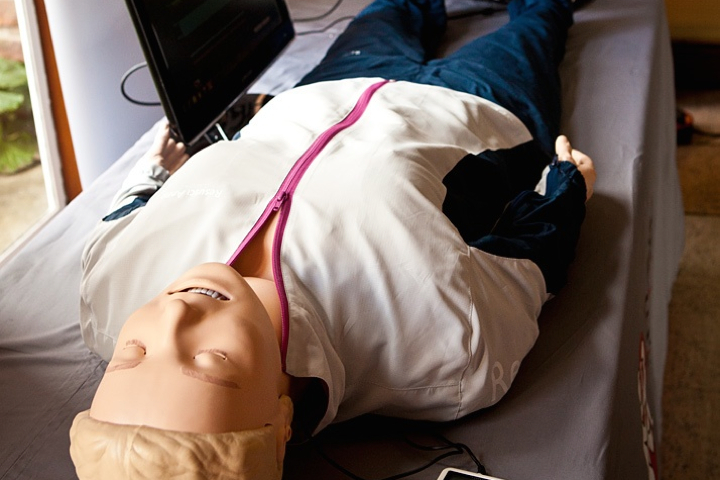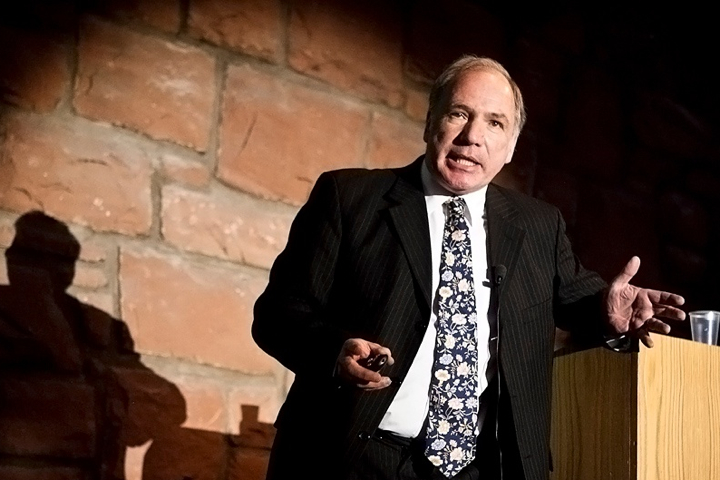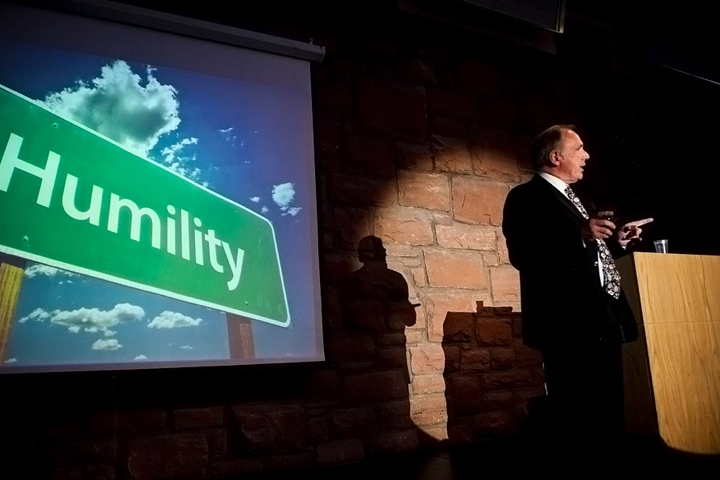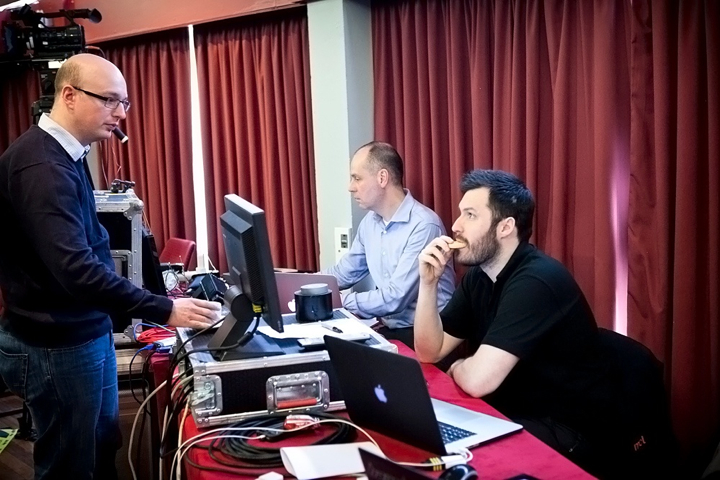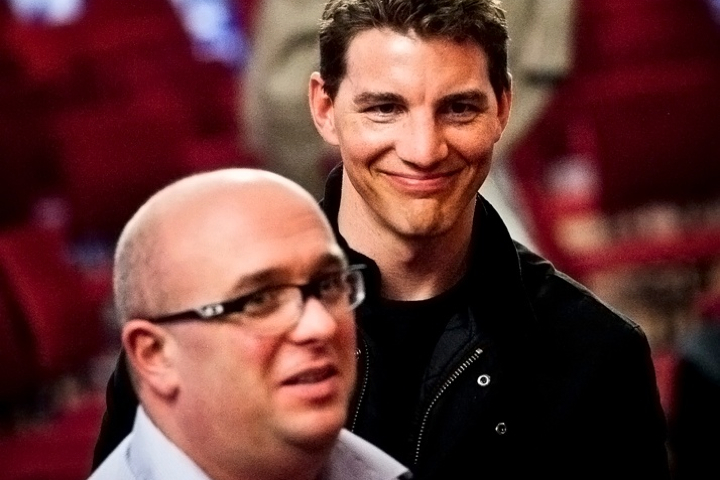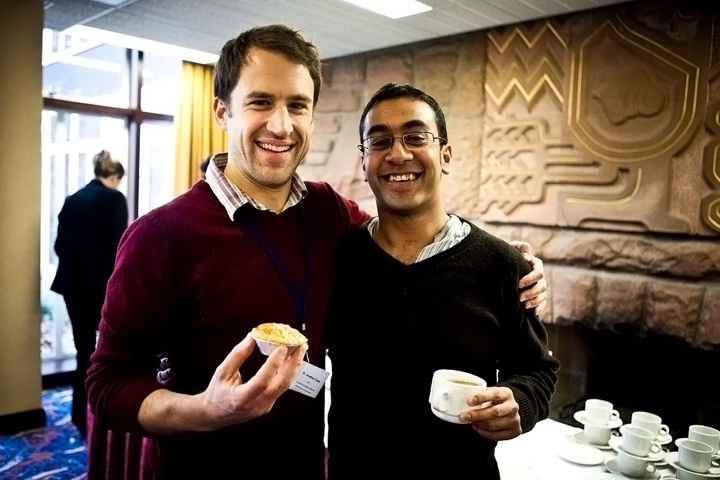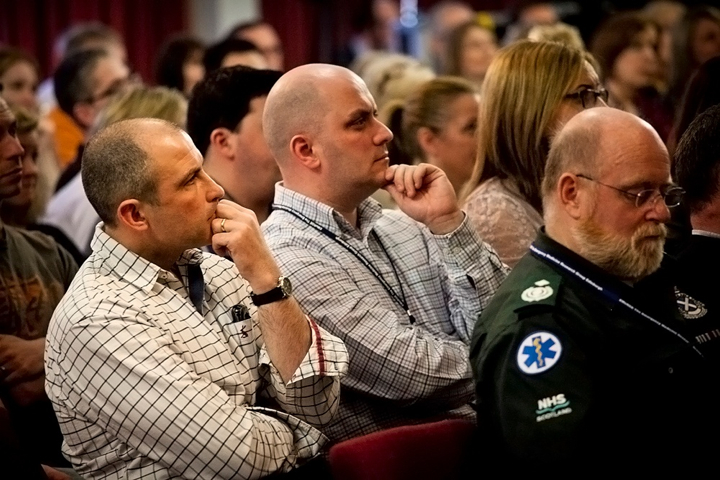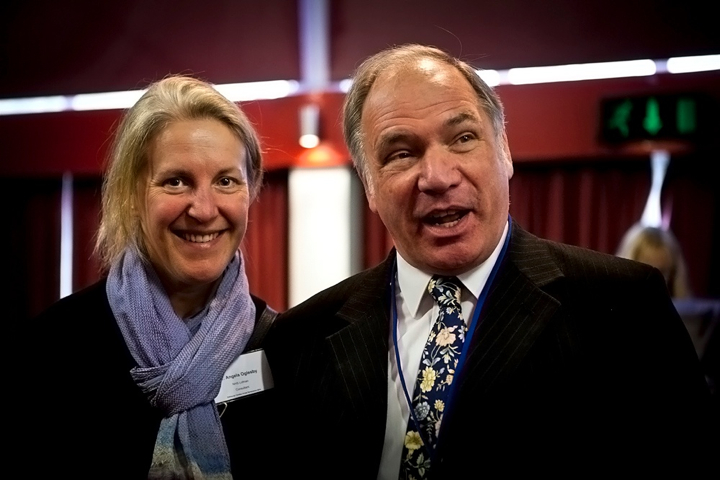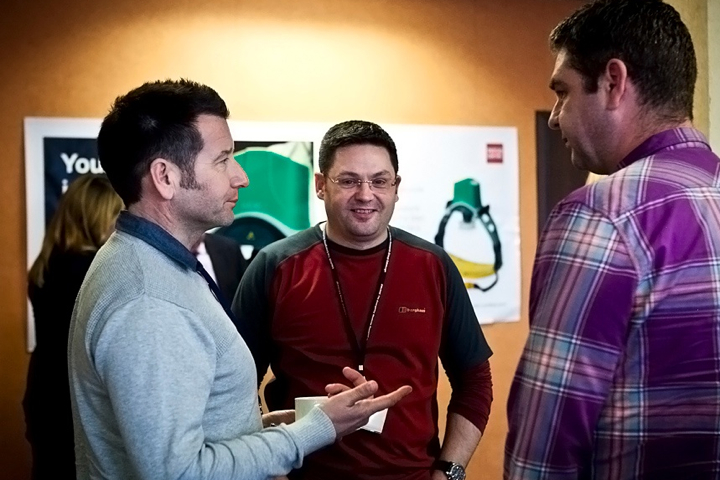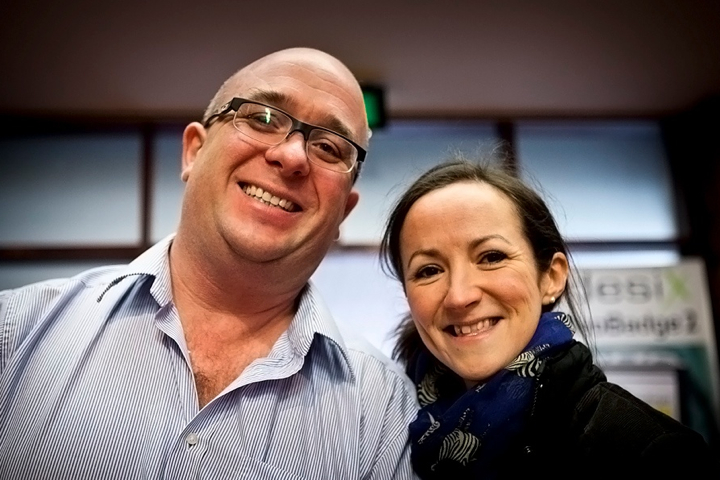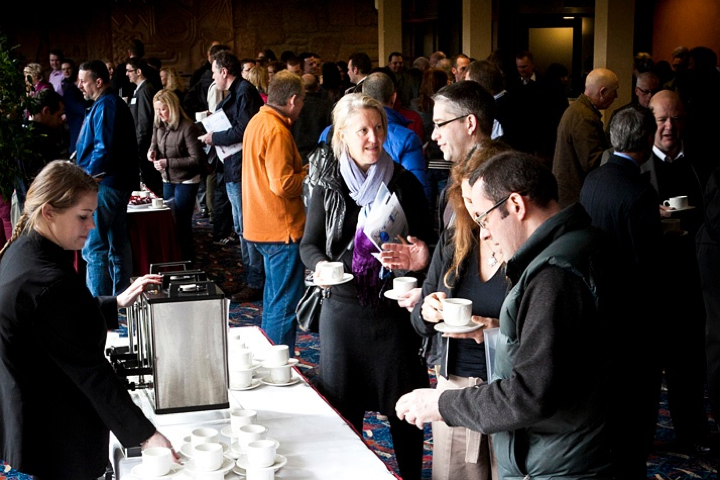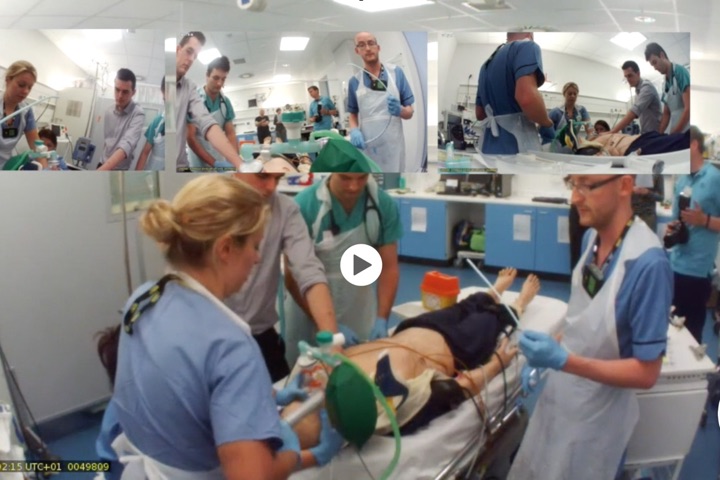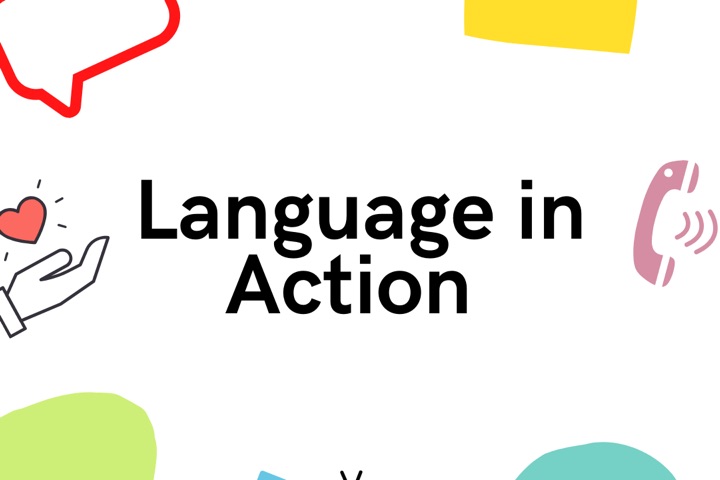Apr
07
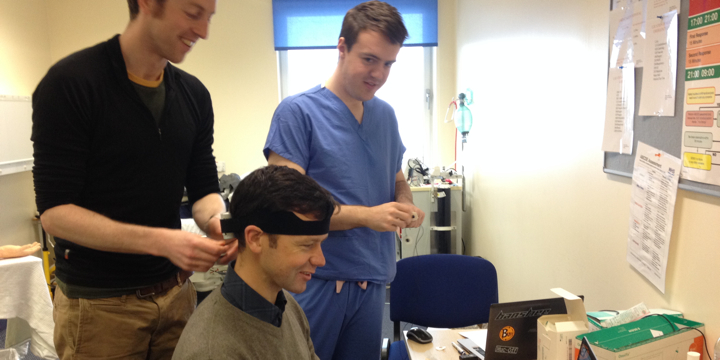
Posted by Gareth Clegg | 07 Apr 2014
The RRG is trialling the use of the B-Alert EEG (Biopac Systems). This kit claims to provide a range of ‘Cognitive State Metrics’ via 9-channel EEG monitoring. The non-invasive cap sends wireless signals to a base unit for analysis – but will it help train expert resuscitation teams?
Within the acute setting patient data is often chaotic, of variable quality and represents an evolving process in which the clinician attempts to impose structure to inform patient management. In a time critical resuscitation, the demands of managing yourself, the team and the environment can exceed the capacity of available working memory – there’s just not enough ‘headspace’. Cognitive load theory seeks to resolve multiple domains of knowledge, skills and behaviours within a complex medical environment into a cohesive and robust management strategy. Application of this theory during instructional design may enable learners to optimise their ability to manage tasks within complex chaotic clinical environments.
Dr David Lowe, assisted by Scott James and Adam Lloyd are running a series of pilot experiments using the B-Alert system over the next few weeks to see whether it gives us a reliable measure of when ‘headspace’ has been filled – when cognitive load is high. This might help to design better training strategies for better teams.
Apr
02
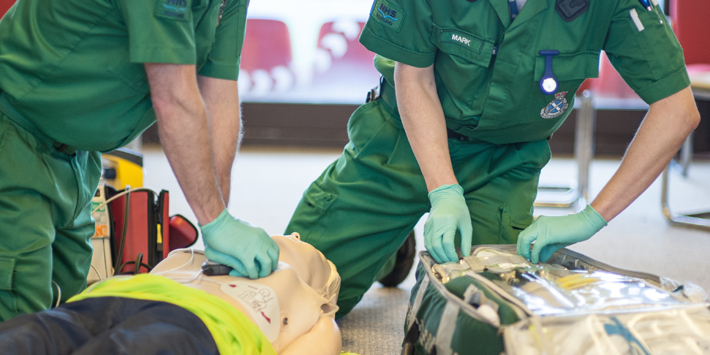
Posted by Gareth Clegg, Matt Reed | 02 Apr 2014
The RRG have embarked on a one year project to investigate the role of cardiac ultrasound in prehospital management of OHCA.
This January, Dr Matt Reed from the Emergency Medicine Research Group at the Royal Infirmary of Edinburgh was awarded nearly £20,000 by the Resuscitation Council (UK) to fund a one year project with collaborators Gareth Clegg, Richard Lyon, Rachel O’Brien and Steven Short from the Resuscitation Research Group, Colin Crookston from the Scottish Ambulance Service and Jim Connolly from the Royal Victoria Infirmary in Newcastle-upon-Tyne.
The project, known as the PUCA (Paramedic Ultrasound in Cardiac Arrest) study will look at the feasibility of training 3RU (Resuscitation Rapid Response Unit) paramedics in focussed Echo in Life Support (ELS) during out of hospital cardiac arrest . We also plan to observe in real time, the change in cardiac echo characteristics from when the 3RU team arrive shortly after cardiac arrest, until the patient reaches hospital.
The initial phases of the project are underway with selection of a suitable ultrasound machine to use in the demanding the pre-hospital environment and initial echo training of the study team. During the next phase of the project, the study team will start collecting cardiac images in the pre-hospital arena, and by summer, will embark on training the 3RU paramedics. An exciting project hoping to further improve the quality of pre-hospital cardiac arrest care in Edinburgh.
Mar
27
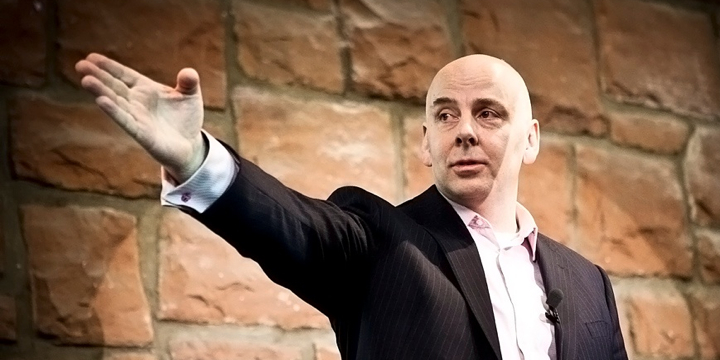
Posted by Gareth Clegg | 27 Mar 2014
Below are some photos from the Edinburgh Cardiac Arrest Symposium in Pollock Halls on 27th March 2014. It was an excellent occasion! Thank you to all who helped make this a great day, especially our sponsors – Physio-Control, Zoll, Edesix, Laerdal and Cardiac Services.
Thanks also to our talented in-house photographer Ola Gruszczynska www.3faeries.com.
The Symposium was attended by over 260 people from a variety of locations and with a range of job titles – all had an interest in improving outcomes after OHCA. In addition the proceedings were watched at over 500 locations via the live webcast.
The second session continued after coffee with an examination of the role of mechanical CPR in prehospital resuscitation after OHCA.
After lunch Colin Robertson chaired the third session. First he introduced Niklas Nielsen – who gave the the Medic One Lecture. This was followed by presentations covering suspended animation and PCI after OHCA.
The final part of the day began with a discussion of the crucial role of non-technical skills in prehospital resuscitation and was followed by a video demonstration of the 3RU team and their ‘perfect 10’ protocol. Colin Robertson ended the day’s proceedings with an excellent, entertaining and somewhat subversive vision of the future of OHCA resuscitation.
Mar
26
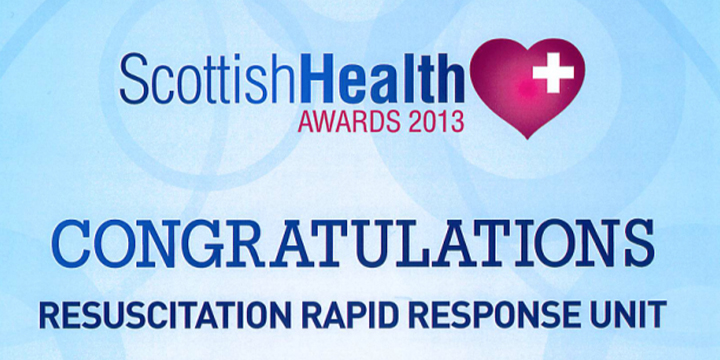
26 Mar 2014
The Scottish Health Awards 2013, is the most prestigious and recognised awards ceremony for healthcare professionals within Scotland. Run by the Daily Record, in partnership with NHS Scotland and the Scottish Government the awards are now well established in the Scottish calendar.
NHSScotland is committed to delivering the highest quality healthcare services to the people of Scotland and we are looking to give recognition to those who work in and with NHSScotland, especially staff who do an exceptional job and who are prepared to go that extra mile to deliver these services.
3RU were honoured to be finalists as top team of the year.
Mar
25
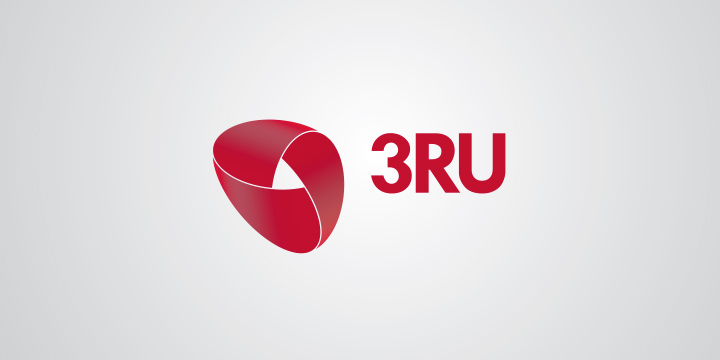
Posted by Gareth Clegg | 25 Mar 2014
3RU – the Resuscitation Rapid Response Unit – has enlisted the help of graphic designer Scott Crookston (crookstn@gmail.com) to design a logo as part of the RRU’s branding. Scott has come up with a striking piece of work which the team will wear with pride.
Scott explains the inspiration for the logo:
“The visual identity was created to establish 3RU’s introductory impact into the medical community. The aim was to enable an instant connection between 3RU’s values and a visual identity. Using 5 keys elements that 3RU embodies – quality, leadership, communication, teamwork and consistency.
The development of the identity lead to it taking shape of a human heart which felt right when establishing a visual for the team. The three sections represent the teamwork and unity, helping to create an overall picture. The identity has a flow that echoes 3RU’s continual drive to develop and maintain a professional consistency.
3RU are a committed group who are bold in the pursuit for success. The time was right for the creation of a visual identity that embodies their belief system and now helps to establish them within the medical community.”
Welcome to the RRG News area where we'll keep you up to date with what's happening and the work we're doing.
If you would like to know more or require any press information please contact us.
14 Mar 2024
Scottish Government and St John Scotland have confirmed funding to enable the PADmap web portal
27 Nov 2023
RRG presented at the 15th EMERGE day conference
09 Oct 2023
SCAS is series of events where we be highlight the change in culture and clinical outcomes after out-of-hospital cardiac arrest across Scotland following the launch of Scotland’s Strategy for OHCA. SCAS23 ‘Getting our SHIFT together’ was staged at the Hilton Doubletree at Edinburgh Airport on October 6th. It was a highly informative and entertaining day […]
12 Jan 2023
Diane Lac has completed a survey of individuals, groups and organisations involved in PAD installation.
02 Dec 2022
The Resuscitation Research Group at Emerge14
15 Nov 2022
The latest OHCA data has been published, here is a summary of the main findings
>
More news
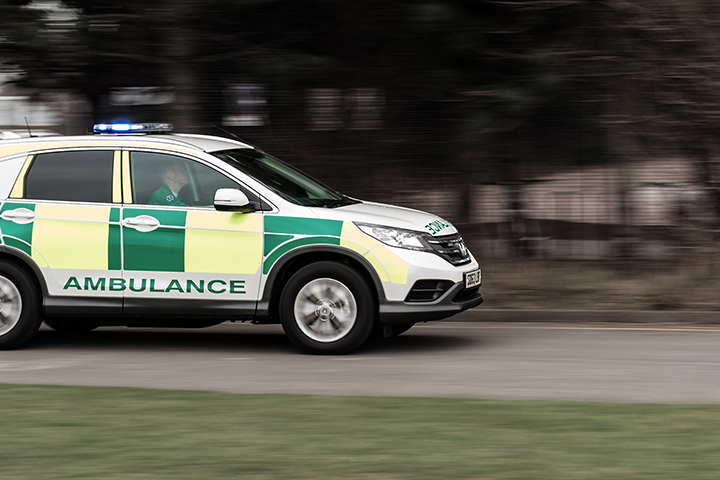
A squad of 12 paramedics from the Scottish Ambulance Service make up 3RU.
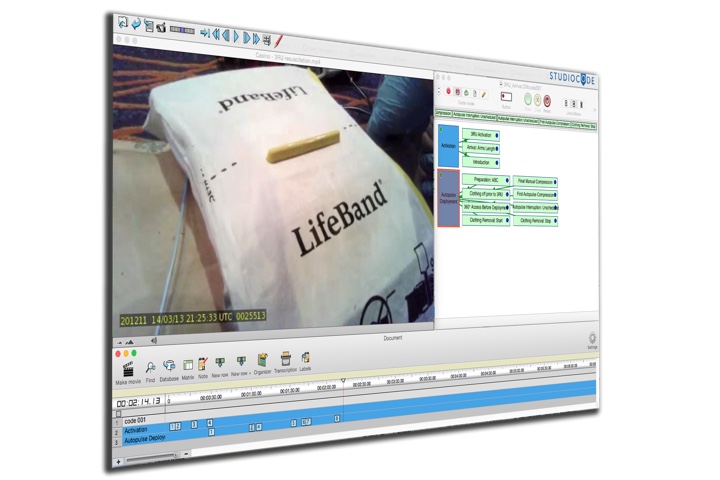
A project to investigate the association between non-technical skills performance and technical performance during OHCA resuscitation


